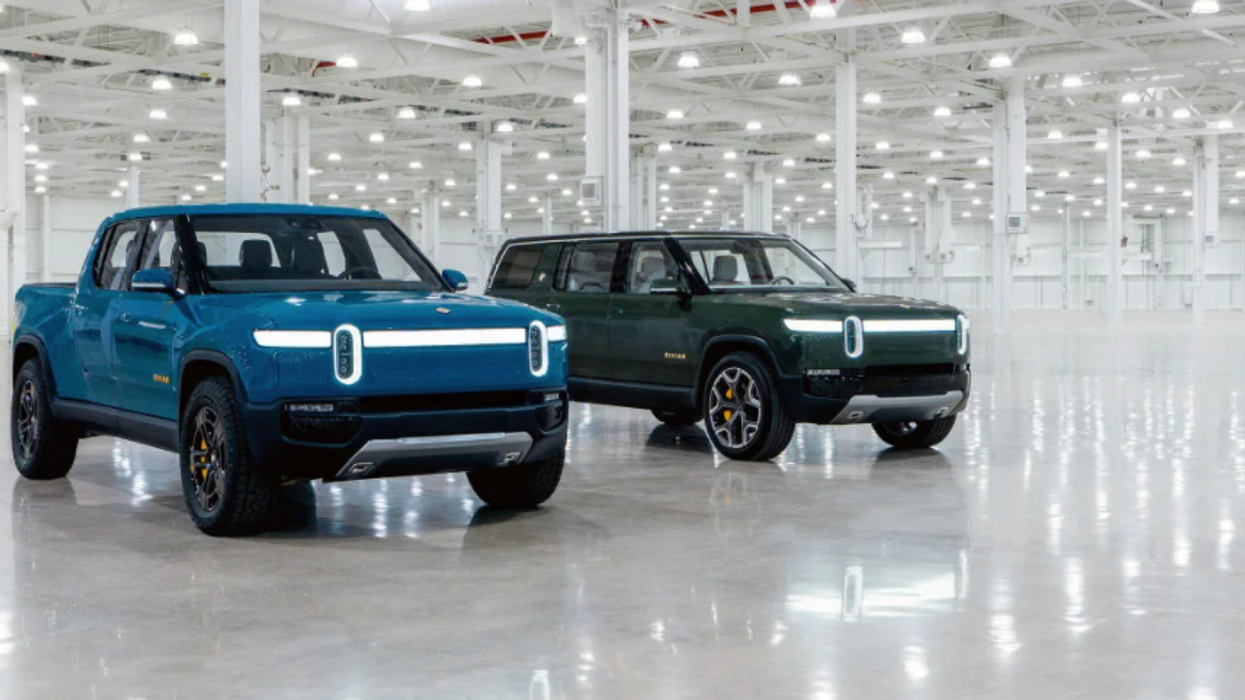At Michigan Auto Workers Rally, Harris Plays Audio Of Trump Insulting Them
On Friday, Vice Kamala Harris blitzed Michigan, holding rallies to talk to voters in three different locations. During one appearance, she sought to make her audience of unionized auto workers fully aware of what former President Donald Trump thinks of their careers.
Politico reported that in Lansing, Michigan, the vice president's entreaty to blue-collar workers involved playing a clip of the ex-president's own words at them. The audio she played over the loudspeakers was taken from Trump's interview earlier this week with Bloomberg editor-in-chief John Micklethwaite at the Chicago Economic Club. In that interview, Trump belittled the work done by auto manufacturers.
"But they build everything in Germany and then they assemble it here," Trump told Micklethwaite. "They get away with murder, because they say, 'oh yes we're building cars.' They don't build cars. they take them out of a box and assemble them. We could have our child do it."
Harris also played audio of Trump criticizing striking union workers, saying: "They go on strike and you say that's okay, you're all gone. you're all gone." After the clip finished, the audience booed for several seconds.
"Union workers are not part of his club," Harris said. "Let's be clear about that. He thinks that the value of your work is essentially meaningless."
At that point, the vice president broke down Trump's comments, reminding the gathered auto workers that the former president was "saying that auto workers are essentially engaged in child's play." She then pivoted to contrasting herself from her opponent by embracing union workers and lauding their skill.
"We hear and know the work you do is complex," she said to cheers. "You do it with great care. You work hard you are highly skilled. You are highly trained. And the best auto workers in the world is who you are. The best in the world."
The vice president's Lansing rally comes notably one day after a Vox article describing the Democratic ticket's struggle to staunch the bleeding out of union workers that has long been a loyal foundation of the party's base. According to Pew Research data from October, 50 percent of union workers support Harris, while 43 percent back Trump.
Michigan's 16 electoral votes are one-third of the critical "Blue Wall," along with Pennsylvania and Wisconsin. Harris is hoping to keep the Mitten State in Democratic hands after Trump won it in 2016, and Biden flipped it by earning more than 154,000 votes than his predecessor.
Watch video of Harris' speech below:










